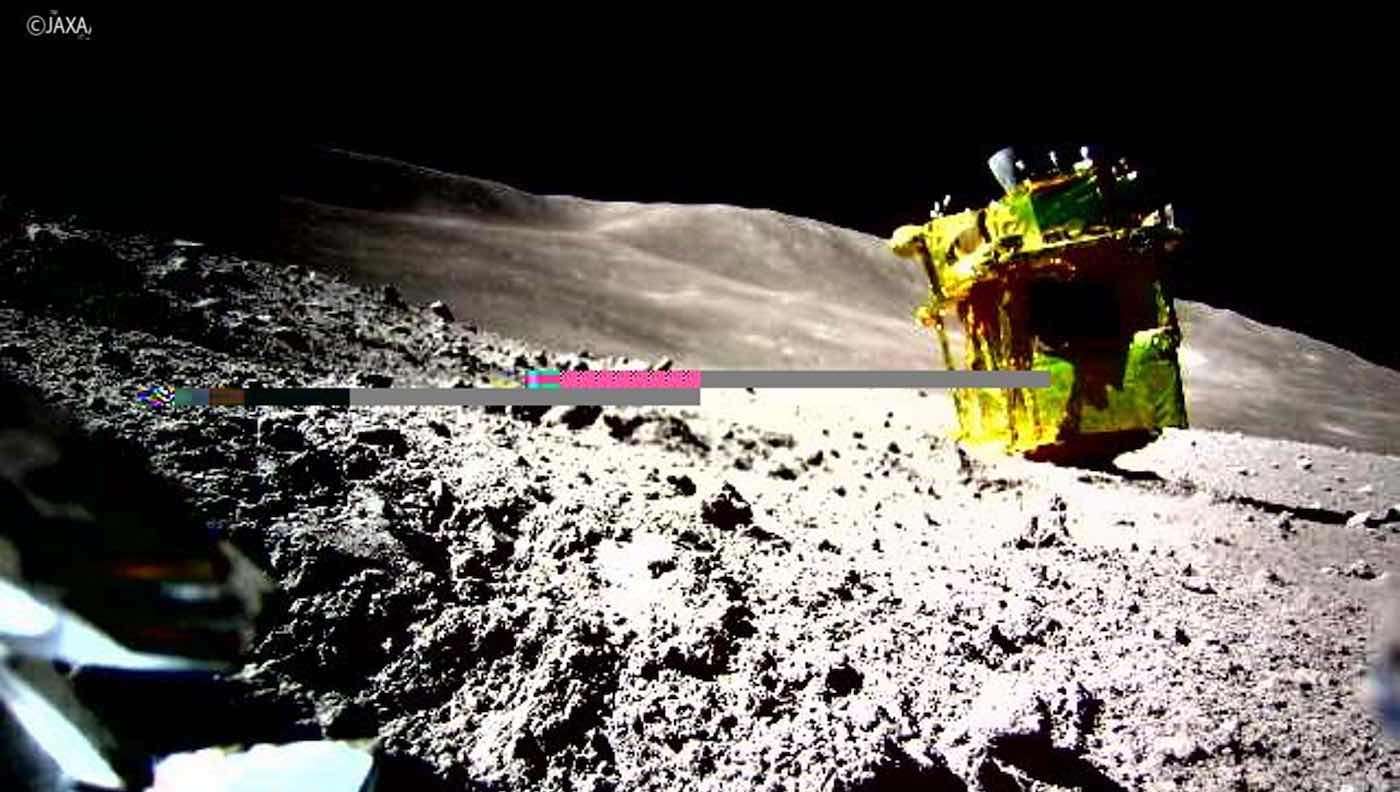Ancient Lake Sediment on Mars Builds Excitement for Evidence of Life in the Perseverance Rover Samples
An ancient lake bed on Mars may hold evidence of life on the planet, revealed a study of the Perseverance Rover's ground-penetrating radar.

It's a case of five alive for the Japanese space program, when their craft, which was set to make them the fifth nation to land on the Moon, seemed to have been lost after a wonky landing.
Landing on its side with its solar panels pointing away from the Sun, the small lander was shut down for days, and this mistake nearly cost the mission everything.
But as has been the case with the recent history of spacefaring, the problem was resolved, and the Smart Lander for Investigating Moon or "SLIM" made Japan the fifth nation after the USA, Soviet Union, China, and India to achieve a soft landing on our nearest body.
Japan Aerospace Exploration Agency (JAXA) posted on X that a change in the lighting conditions allowed the solar panels to recharge the batteries, which had been shut off by authorities in the early hours of the start of the mission on January 20th.
It's a good thing too because the spacecraft pulled off what JAXA described as an "unprecedented pinpoint landing" of 180 feet of the targeted area, the highest precision landing ever achieved on the Moon, and an achievement that would have been hard to boast about if the craft had landed on its side, immediately lost power, and died.

In fact, the technology used to land SLIM could bring craft down safely onto Lunar hilltops, which are theorized as perfect places to look for various chemicals like oxygen and hydrogen to fuel the production of water and air for astronauts in the future.
Late last year, India's Chandrayaan-3 rover mission touched down on the Moon's south pole-an area never seen or explored before, to rapturous celebrations in Earth's most populous nation.
SHARE This Milestone Moment For Japan With Your Space-Loving Friends…
Be the first to comment